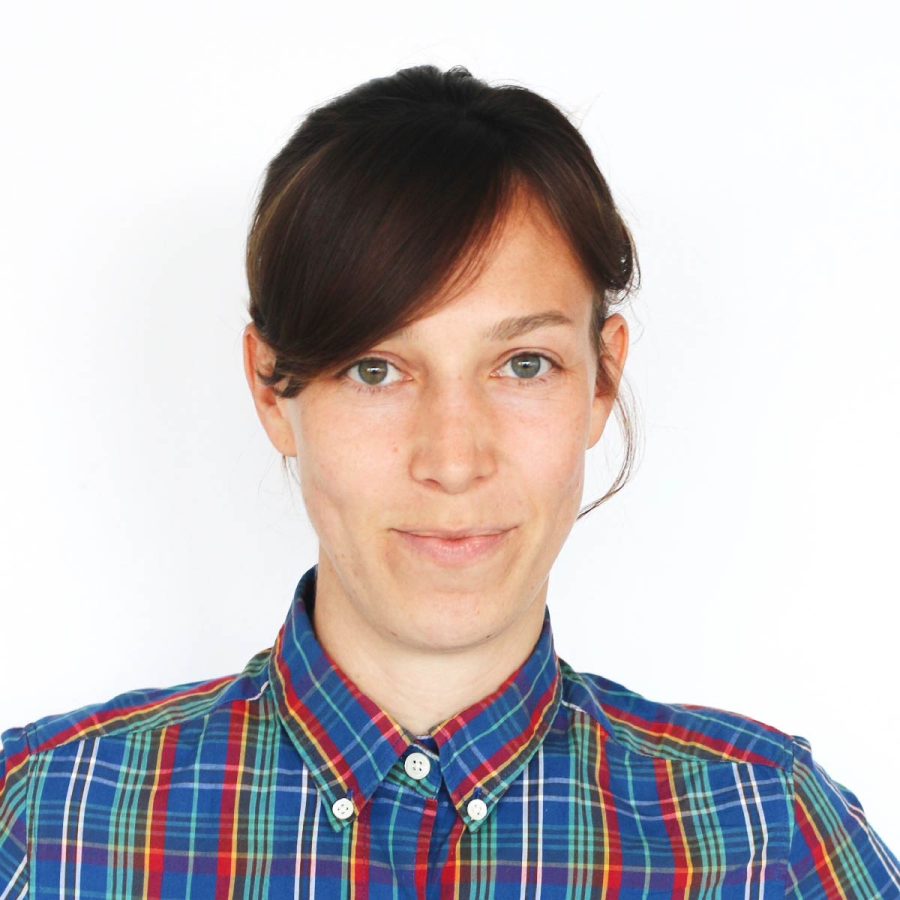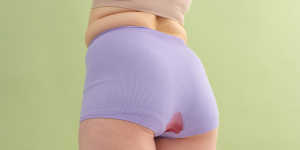Photo by Caroline Tompkins
Menstrual equity is the ground we all need to stand on
An interview with Jennifer Weiss-Wolf, author of “Periods Gone Public”
Jennifer Weiss-Wolf is a lawyer, a "badass menstrual activist", the author of “Periods Gone Public,” and a leading voice for equitable menstrual policy in the US. We spoke with Weiss-Wolf in 2017 to find out what “menstrual equity” means, and why it’s so important.
Where did the term “menstrual equity” come from?
The first time I ever used the phrase “menstrual equity” in the public sphere, was with a reporter. I was in Chicago in March of 2016 testifying before the City Council, which was trying to pass its own city-wide sales tax exemption for menstrual products.
I'm not a medical expert. I understood the health concerns, but my default landing place was this idea of civic engagement and a fair and just society. The phrase “menstrual equity” seemed to encompass that the most, and then it kind of stuck. Other people started using it too, bills got named for it and it just became more of a thing.
In your book, you discuss period equity as a precursor to gender equity. It reminded me of the United Nations Millennium Development Goals. They make sexual and reproductive health a prerequisite of the goals, instead of a goal in itself.
Yes, it's the ground we all need to stand on.
What are the biggest differences that you've noticed with menstruation as a topic in the legal sphere, compared to other issues you’ve worked on?
The biggest thing I've observed is that this is uncharted territory. Here in the United States we’ve had zero policymaking around menstruation. The only time that menstruation intersected both policy and legal agenda was around the toxic shock cases in the '80s and the regulation of menstrual products via the Food and Drug Administration. Even then, it was very sterile. It certainly wasn't about people's menstrual experiences. It was about product liability. It didn't do very much to advance the agenda or get people thinking sort of in a holistic way about what means to be a menstruating body in society and how our laws should be, could be flexed to better meet that need.
Menstrual equity is not just about affordability or even access—it's about considering the fact that half of the population has a body that does this function (menstruation). We take into effect a lot of bodily functions in our laws, but this one we don't, and that's because it's been marginalized and stigmatized.
I realize I speak with a very American-focused lens but that's who I am. I wouldn't want to claim to understand or be an expert in anyone else's government or policy community, because it's not what I know.
Here in the United States right now, the need for an unchartered territory where affirmative gains can be had and there's nothing to have to fight back or defend, is exponentially important. We have not only the most inept, dangerous leader of the free world in the White House, but he and his entire Administration despise women's bodies. If we can come out of this by 2020 saying, "No more damage was done," that will be victory.
In your book you talk about how menstrual equity can seem like a niche topic, but it ultimately becomes a pillar to many other issues.
Menstrual equity actually is at the core of everything. There's a quote that I use at the end of the book, "If we ignore menstruation, we will get none of this right, and if we encompass menstruation, we can get everything right."
We’re talking about half the population. Our issues aren't all the same, but whether you're dissecting it by poverty or gender or any issues that affect things like access, participation, equality, justice, democracy—[menstrual equity touches] all those things. This is why we can't leave it out. I never felt this grounded or sure of anything in my life. I'm not a real spiritual person, but if I ever wondered what it felt like to have a calling and to just trust myself, this is it.
What are your hopes for this book?
Foremost that people will read it, become interested in this issue, and think about the ways that they can contribute to it. Part of the goal of the book is to tell the story of the activism that's unfolded. To me, there's a place for everybody in it, whether you're a musician, an inventor, a poet, a philanthropist or a shelter volunteer. You name it, there's a place for everyone. You don't have to just be a lawyer or care about policy reform, which is the thing that I care about.
The other thing I want readers to come away with is to realize that making a difference isn't as hard or lofty as one might think it is. Anybody can learn of a problem and think of a solution with their own creative gifts, and apply themselves that way.
I have three teenage kids, and my daughter said to me, "What I love about all you're doing is you've proven it doesn't matter how old you are. You can still learn something new and make a difference." I sort of harped on the old part, but she's right. I said to her, "You know what? You're not too young to make a difference either."

